Year: 2019

How to overcome the skills shortage
Risky once-in-a-generation skills shortage poses existential threat to firms Legal employers are now facing a skills shortage. UK unemployment has fallen to a 44-year low of 3.8% and employees, armed with more options than ever, are constantly on the move to greener pastures. The inability to replace a good employee can pose a severe threat […]
Read More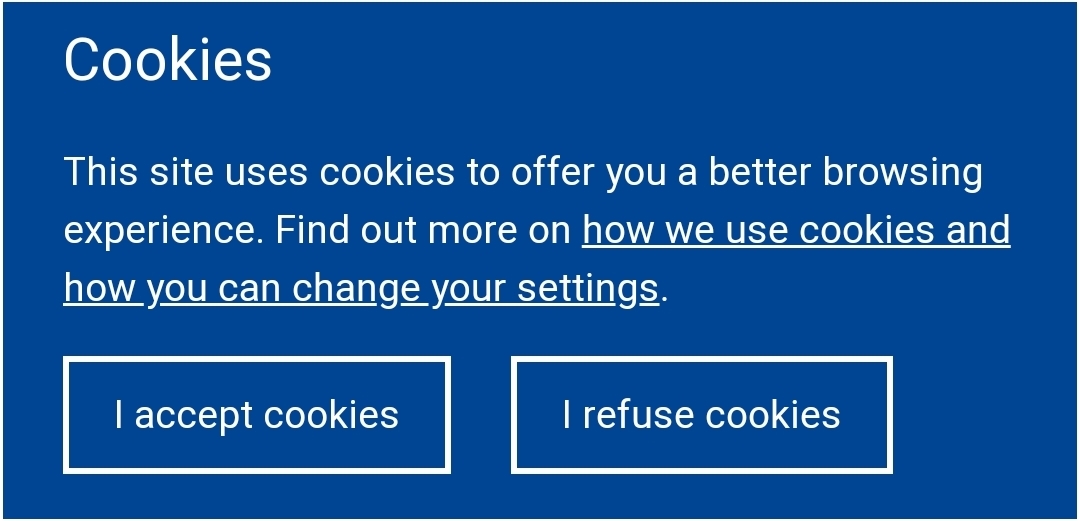
Getting cookie consent right
One could be forgiven for thinking that knowing how to comply with a legal obligation that has been in place for nearly a decade would be clear cut. However, widespread practice tells us that this is far from the truth. In November 2009, as part of wider reforms to the European telecommunications regulatory framework, the […]
Read More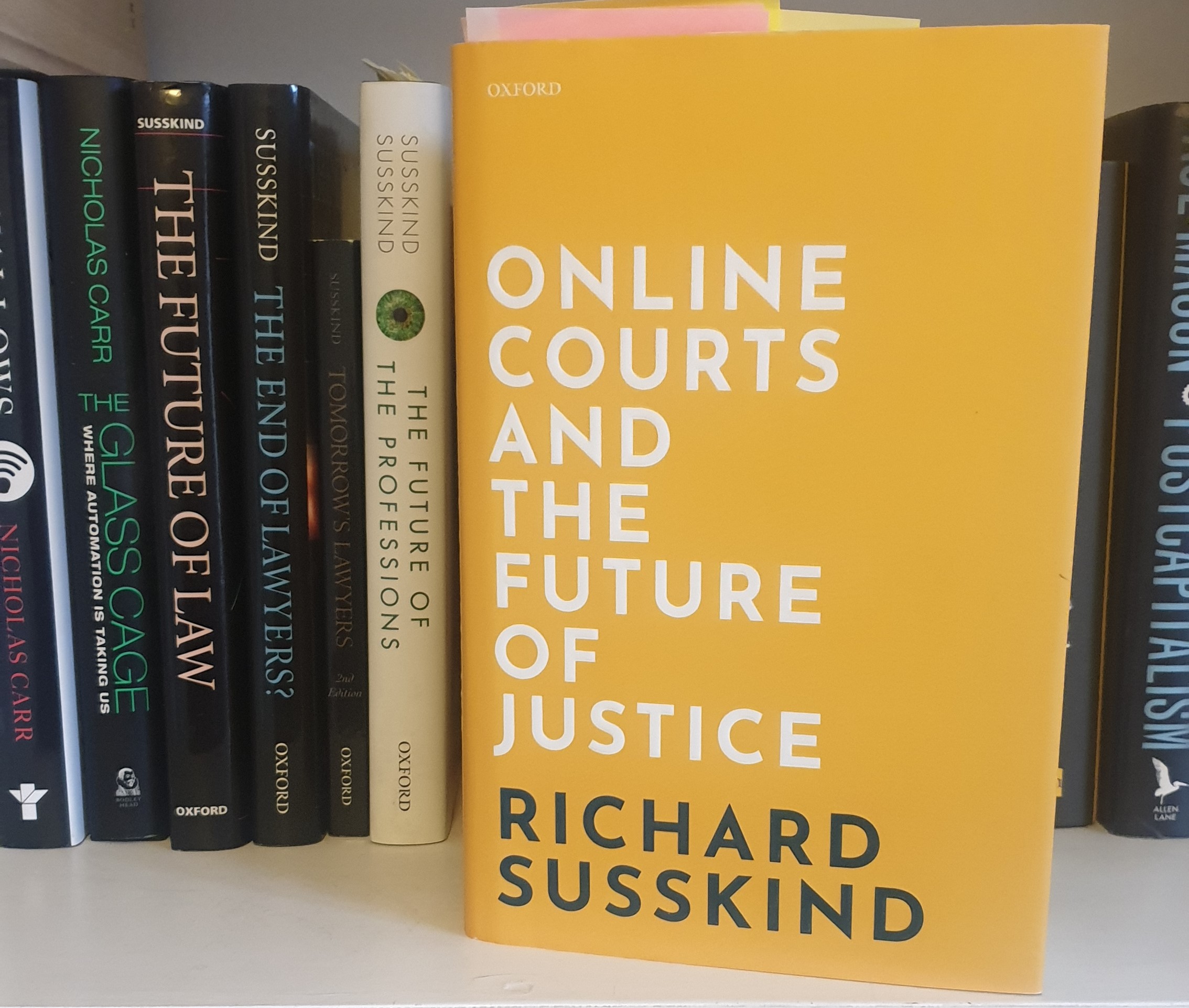
Online Courts and the Future of Justice
Four years on and Professor Richard Susskind has written the same book he wrote last time, so he says. He jests, yet again. The message and the underlying arguments remain constant; the same analogies are deployed (you know, the drill); but tech has moved on, more is feasible and the vision is developed and refined […]
Read More
Optimising your images to rank well
The way in which we search for images is evolving and changing, and Google has announced that image search is a big topic in the search engine optimisation community. Once upon a time we would search for images primarily for the purpose of copying and pasting an appropriate image into our presentations or documents. We […]
Read More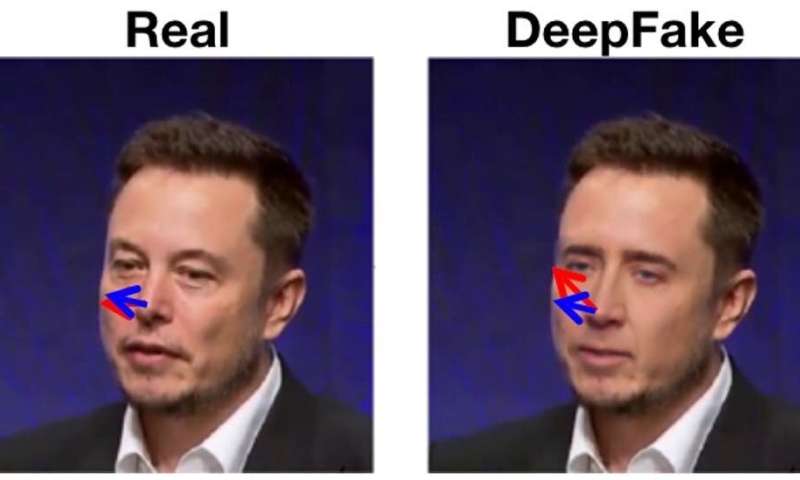
Getting to know deepfakes
Deepfakes are a form of digital impersonation, in which the face and voice of a person can be superimposed into video and audio recordings of another individual. Much has happened from technological, social and legal perspectives since deepfakes first surfaced in 2017. Deepfakes are now mainstream 2019 has seen deepfakes go from niche novelty to […]
Read More
What is data misuse?
Data misuse is often discussed alongside cybersecurity, within the overall context of data protection; but it is important to make the distinction between data which has been obtained legitimately but misused and data which has been collected illegally (eg without consent) or stolen (via computer hacking). Data theft generally involves a cyberattack or harvesting of […]
Read More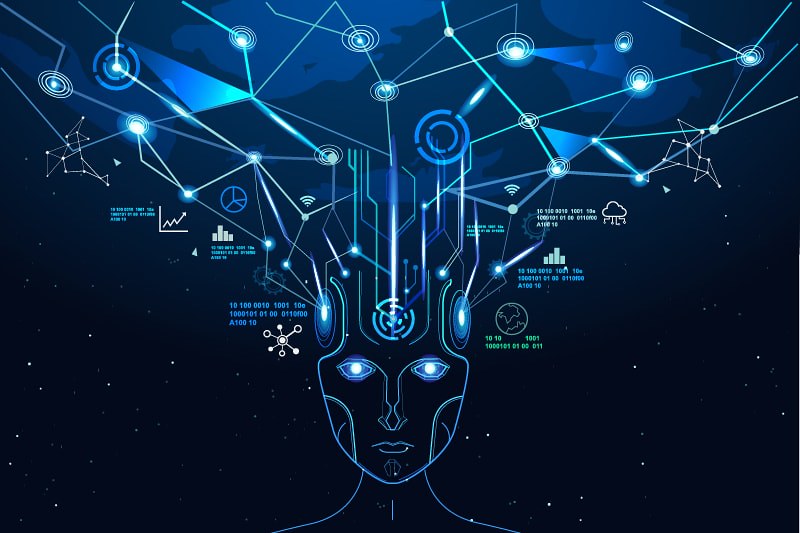
Who owns an AI-generated invention?
One wet Sunday afternoon I was playing with an interface to OpenAI’s machine learning model, GPT-2, which was trained to predict the next word in a sentence and which can now generate articles of synthetic text based on a sentence provided to it. I typed, “Can AI own the copyright in the work that it […]
Read More
Access to justice through technology: the providers
The Law Society, in its report Technology, Access to Justice and the Rule of Law, published September 2019, defines the “Access to Justice Sector” as “Comprised of all organisations supplying access to justice services. It includes law firms, Not for Profits, individual practitioner barristers and solicitors, in-house legal teams, government bodies, academics, LawTech businesses and […]
Read More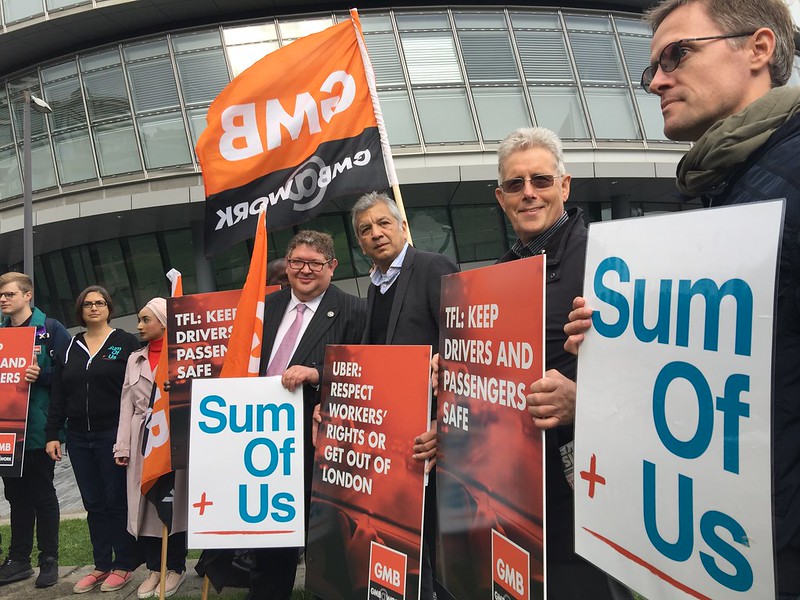
California passes landmark gig economy rights bill
The rise of the gig economy and zero hours contracts – often facilitated by the internet and apps such as Uber, Deliveroo and Limber – has been the subject of vigorous debate over recent years. Governments across the world have been grappling with the implications for employment law and wider society, balancing the boost to […]
Read More
Right to be forgotten on Google only applies in EU
Much has been written about the problems surrounding permanence of data once it has been uploaded to the internet – whether it’s a misjudged Twitter comment by a politician from 10 years ago, or a risqué photo from bacchanalian university days which emerges when someone is looking for a job. The difficulty of erasure impinges […]
Read More
MPP Solicitors’ reliable one-stop-shop provision from Quill
Seeking one-stop-shop provision is a growing trend amongst law firms on their quest for convenience, efficiency, support, cost and security improvements. By having their main software and outsourcing service needs met by one primary supplier, legal practices gain all these benefits and more. To clarify… Convenience: There’s one contract and one point of contact which […]
Read More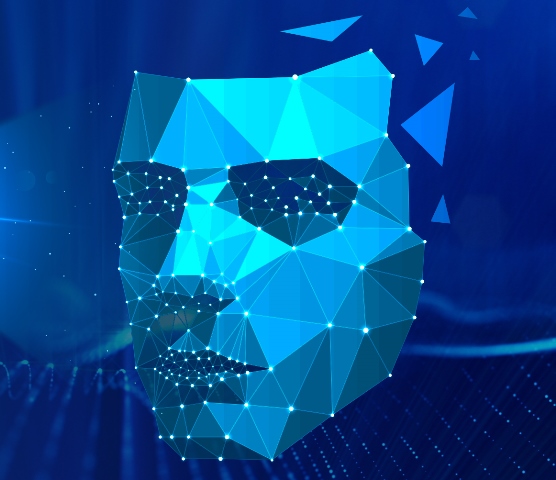
Facial recognition in public spaces
Live facial recognition technology or automatic facial recognition (AFR) adds another dimension to CCTV monitoring and other surveillance methods. Using biometrics (certain physical and physiological features), the technology can map facial features to identify particular individuals by matching these with a database of known faces. This technology has been in use for some years by […]
Read More